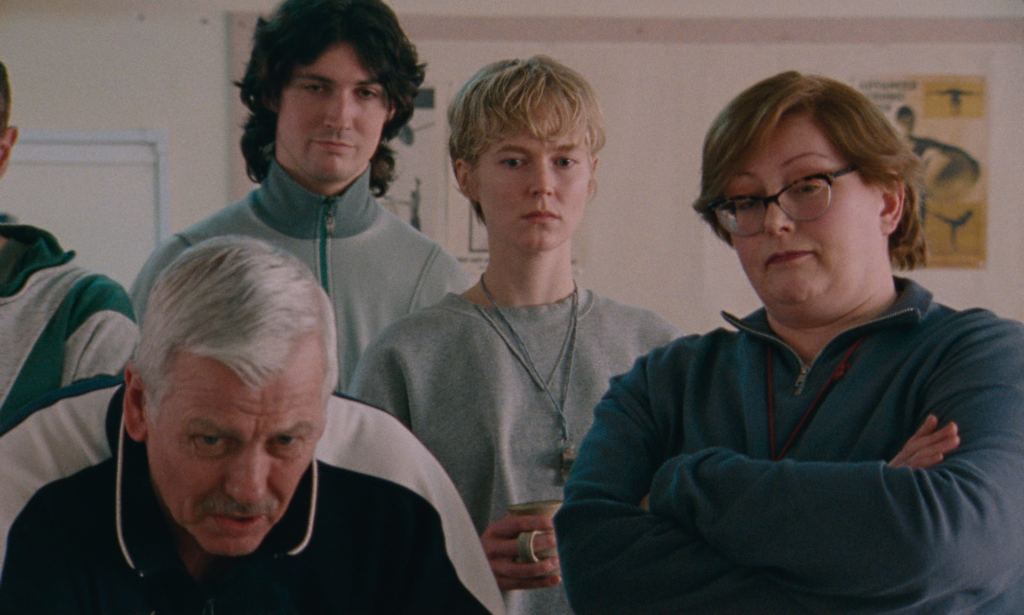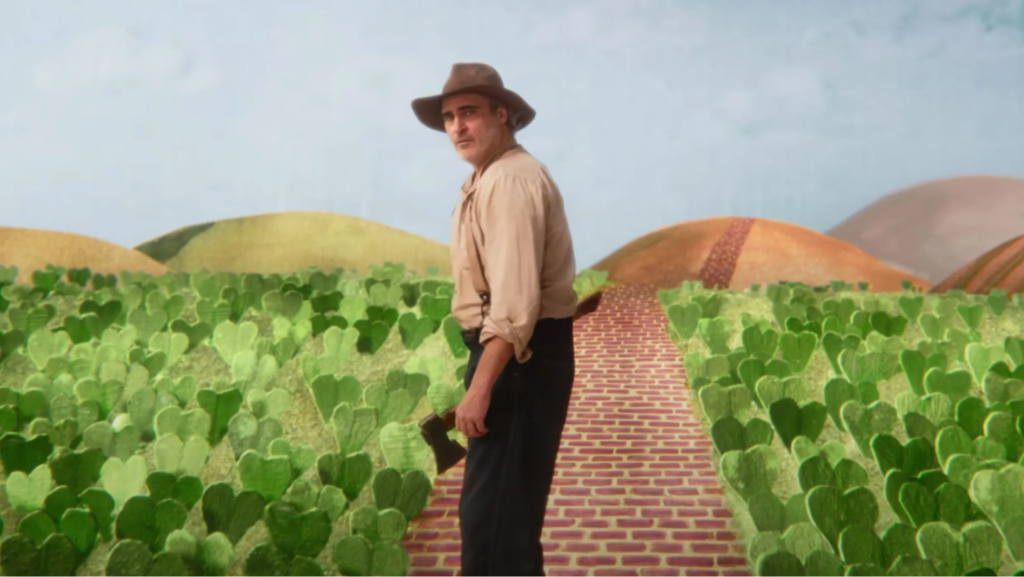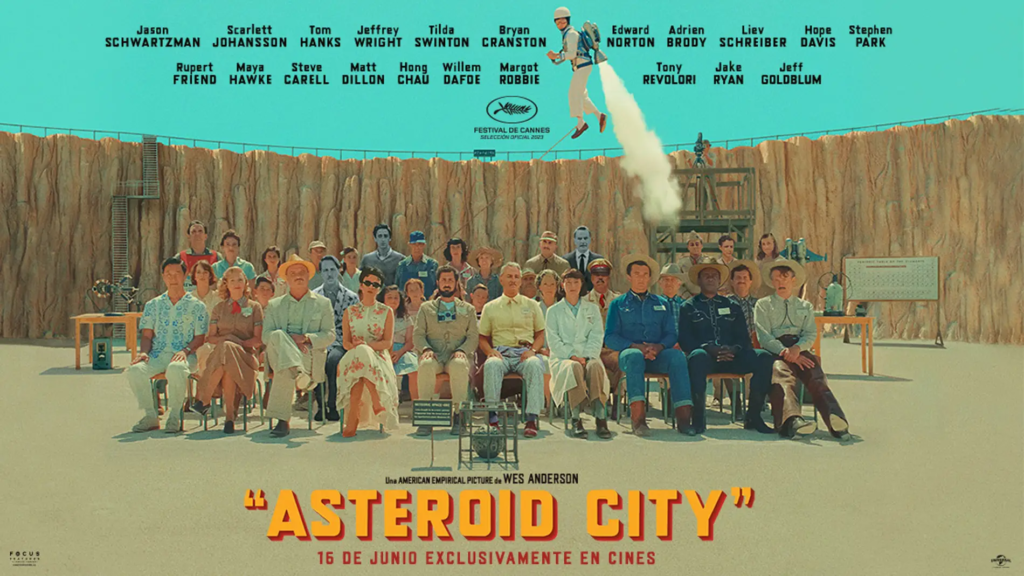Chile 76 (2023)
29.6.23 Chile 76 is a quietly effective film, with clear political underpinnings which resonate well in the modern day. The central messages of social responsibility and altruism in the face of dictatorship are portrayed intelligently, however, I feel like the exact people who need to see the film will clearly overlook it due to its modest scale and muted performances. The film focuses on the experiences and challenges of women trying to normalise their family life through an ever-changing chaotic and oppressive environment. Taking place in the early days of Pinochet’s brutal regime, Chile ‘76 focuses on the mid-life of Carmen, an affluent ex-charity worker with a comfortable social standing and a successful marriage. It’s a tale of paranoia, fear of the future and social change, told introspectively and with only the mildest suggestions of violence and threat. The film’s visual aesthetic is interesting but frankly forced, even from the opening scene. It’s compromised of lush pastel shades, in both Carmen’s clothing and her choice of paint colour for her beach house, which when compared to the filmed dull landscapes and quiet characters sends a clear message; she is awake to what’s going on whereas others are perhaps not. The film’s main struggle is trying to make us care for the characters when there is no serious drama unfolding or journey to be explored. Although ignorance, regret and secrecy are recurring motifs throughout the narrative, there’s no call to action or revolutionary initiatives shared, which would have made the film so much more impactful. It’s mildly interesting to see Carmen develop throughout the film as she becomes more politically aware and savvy when dealing with communist rebels and the like, and these scenes are written and filmed with skill and authenticity. However, as alluded to, the film doesn’t really go anywhere and the ending feels like the softest of resolutions. There are some good touches and flourishes in Chile ‘76, but overall it only feels suggestive and conversational in its original focus of a much more interesting period of history than explored here.







